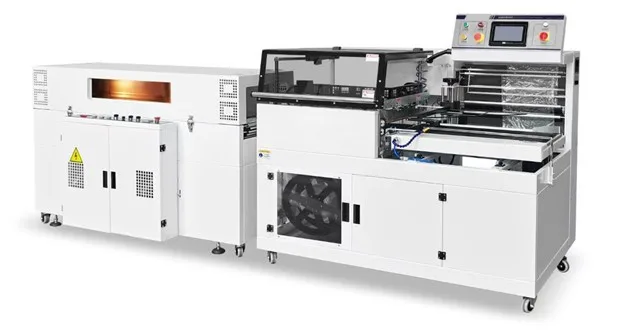Packaging plays a crucial role in ensuring food safety and consumer confidence. In South Africa, businesses must comply with strict food safety and packaging laws to protect customers and avoid penalties. Shrink Wrap Machines for Food Packaging have become a popular choice because they not only preserve freshness but also help businesses meet compliance standards.
This guide explores safety tips, compliance requirements, and best practices for using shrink wrap machines in South Africa.
Shrink wrapping is widely used in South African food industries such as bakeries, fresh produce, frozen foods, and confectionery. The benefits include:

To ensure safe and hygienic use of shrink wrap machines:
South Africa has specific regulations that businesses must follow when packaging food. These include:
To stay compliant and efficient, businesses should:
For detailed guidelines on packaging and labelling requirements, visit the South African Department of Health: Food Safety & Labelling Regulations
Shrink Wrap Machines for Food Packaging offer South African businesses an efficient, safe, and compliant way to protect food products. By using food-grade shrink film, following workplace safety measures, and adhering to South African food packaging regulations, you can safeguard your products and strengthen consumer trust.
If your business is considering upgrading or investing in shrink wrap machinery, make sure to give us a call as we understand local compliance requirements and offer strong technical support.